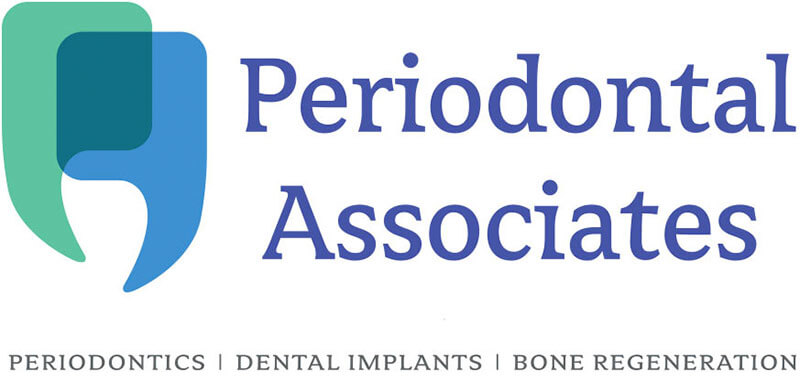Nearly 50% of people in the U.S. have some form of periodontal disease, according to the Centers for Disease Control (CDC). Periodontal diseases range from mild forms of gum disease such as gingivitis to advanced periodontal disease (periodontitis) that may result in tooth and bone loss. Fortunately, although advanced periodontal disease cannot be reversed, you can manage the condition and restore your mouth to health with a combination of surgical and non-surgical treatments. Read on for everything to know about advanced periodontal disease.
What is Advanced Periodontal Disease?
Periodontal diseases are categorized based on their severity. There are four stages of periodontal disease.
Gingivitis (Mild Periodontal Disease)
Gingivitis is the mildest form of gum disease. Gingivitis may not cause any symptoms, and may only be diagnosed when you see the dentist for your biannual cleaning and exam. In other cases, you may suspect you have gum disease if your gums begin to bleed when brushing or flossing.
Practicing excellent oral hygiene may be all that is necessary to reverse gingivitis. In other cases, you may require a deep cleaning (scaling and root planing) to remove bacteria and smooth the tooth roots to promote gum health and reattachment.
Slight Periodontal Disease
If you are diagnosed with slight periodontal disease, the infection in your gums has spread to the bone, and you’re beginning to experience bone loss. This stage of periodontal disease can also often be managed with scaling and root planning. In other cases, you may require soft tissue gingival surgery or laser pocket reduction treatment. Soft tissue laser treatment helps promote the healing of diseased gum pockets and drastically reduces the level of bacteria in the gums.
Moderate Periodontal Disease
If you do not treat gum disease in earlier stages, the infection will worsen, and you’ll be diagnosed with moderate periodontal disease. Treatments may include soft tissue lasers, scaling and root planing. You may also need antibiotic medication to treat the infection.
Severe Periodontal Disease
Advanced periodontal disease is diagnosed when the bacteria are actively destroying the soft tissues supporting your teeth and bones in your jaw. Bone recession can lead to an altered facial appearance and the loss of teeth. The gums may be actively receding, exposing the tooth roots. Advanced periodontal disease is sometimes a painful condition with symptoms including swelling, difficulty chewing, tooth sensitivity, oozing gums, and severe bad breath.
Severe or advanced periodontal disease is a serious oral health condition that is also putting your overall health at risk. Advanced periodontal disease has been linked to chronic conditions including stroke, diabetes, respiratory problems, pregnancy problems, osteoporosis, and heart disease.
Treatments for Advanced Periodontal Disease
Your periodontist will discuss available treatments that will help to get your advanced periodontal disease under control. Various treatments may be suggested, including:
- Pocket reduction surgery
- Osseous (bone) surgery to smooth and reshape bone
- Bone Grafts and Bone Regeneration
- Gum Grafts
- Cosmetic plastic surgeries
Because each individual is unique, each treatment plan is tailored to address your needs. It is essential to begin treatment for advanced periodontal disease as soon as possible, to prevent further bone loss, loss of teeth, and damage to your gums. Beginning treatment for periodontal disease as soon as possible also helps to safeguard your overall health from the risks of bacterial infections entering the bloodstream.
Schedule Treatment for Periodontal Disease in Framingham or Newton Centre, MA
If you have been diagnosed with any stage of periodontal disease, it’s smart to schedule an appointment for periodontal treatment ASAP. The sooner your treatment begins, the fewer risks for complications, health risks, or the need for surgical intervention. Contact Periodontal Associates today to schedule an appointment in Framingham or Newton Centre, MA.

